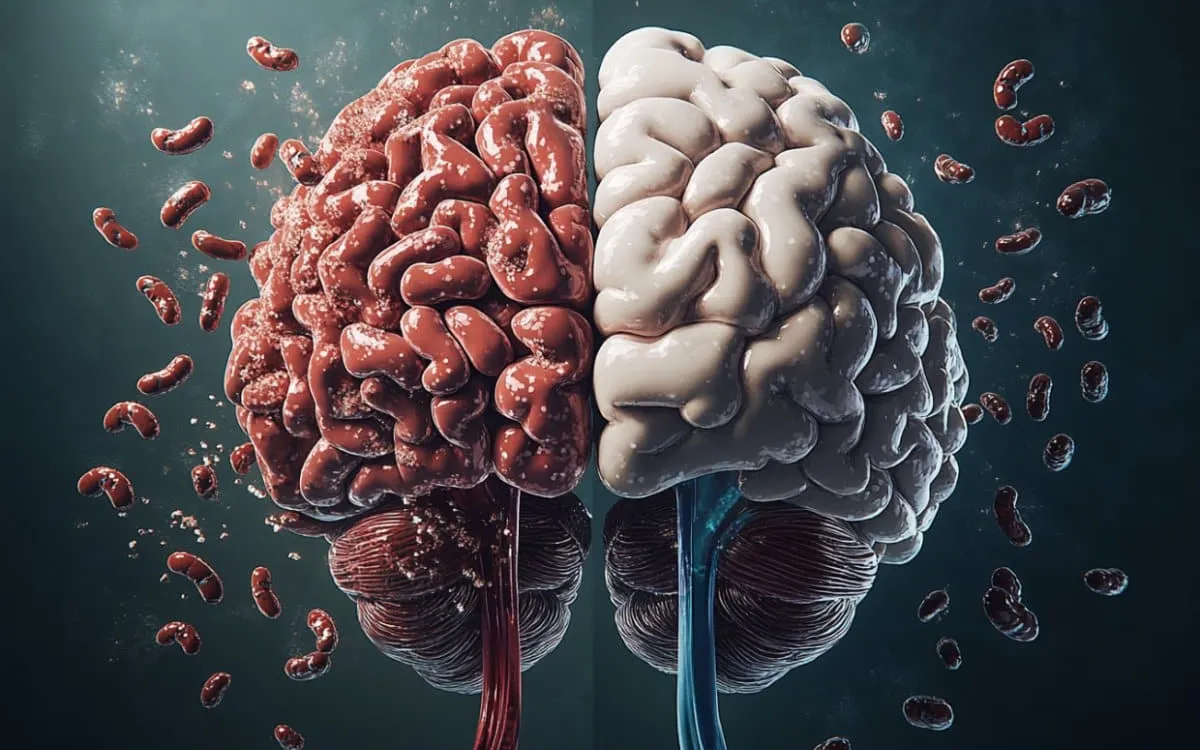
Recent studies reveal a groundbreaking discovery regarding the mechanisms behind type 2 diabetes. Researchers from the University of Washington have identified that hyperactivity in a specific group of brain cells known as AgRP neurons in the hypothalamus is significantly linked to diabetes, independent of obesity factors. This research, published in the Journal of Clinical Investigation, challenges the long-held belief that obesity and insulin resistance are the primary causes of diabetes.
AgRP neurons have long been associated with energy balance and appetite regulation. However, this new research indicates that these neurons play a crucial role in the hyperglycemia characteristic of type 2 diabetes. According to Dr. Michael Schwartz, a leading endocrinologist and corresponding author of the study, these neurons are pivotal in regulating blood sugar levels. The research utilized a viral genetics method to silence the AgRP neurons in diabetic mice, which resulted in normalized blood sugar levels for months, without any changes in body weight or food intake.
Historically, the medical community has viewed the pathogenesis of type 2 diabetes as primarily stemming from genetic predisposition and lifestyle factors such as obesity and poor diet. This new evidence suggests that the brain, particularly the AgRP neurons, plays a significant role in this complex disease. Dr. Schwartz emphasized that these findings represent a departure from conventional wisdom, opening new avenues for treatment.
The implications of silencing hyperactive AgRP neurons extend beyond mere diabetes management; they may signify a paradigm shift in how clinicians approach diabetes treatment. While the research indicates that targeting these neurons can lead to diabetes remission, it does not necessarily address obesity itself. This finding is critical as it suggests that therapeutic strategies could focus on brain circuits rather than just weight loss or insulin sensitivity.
Further exploration is needed to understand the mechanisms that lead to the hyperactivity of AgRP neurons and how to regulate their activity effectively. Dr. Schwartz noted that therapeutic approaches could potentially be developed to calm these neurons, offering a new perspective on treating this chronic disease. Additionally, the study points out that some contemporary diabetes medications, such as Ozempic, also inhibit AgRP neurons, although the extent of their contribution to the drug's efficacy remains unclear.
This research marks a pivotal moment in diabetes and neuroscience, suggesting that neural control of blood sugar may be a viable treatment pathway. As scientists continue to investigate the complexities of the brain's role in diabetes, the hope is to translate these findings into human clinical trials that could change the landscape of diabetes treatment forever.
This innovative research was supported by various grants from the National Institutes of Health, the Department of Defense, and collaborative agreements with organizations such as Novo Nordisk. These contributions facilitated the exploration of AgRP neurons and their impact on diabetes, paving the way for future advancements in the field.
For more detailed insights, the original research article titled “AgRP neuron hyperactivity drives hyperglycemia in a mouse model of type 2 diabetes” can be accessed for further reading.